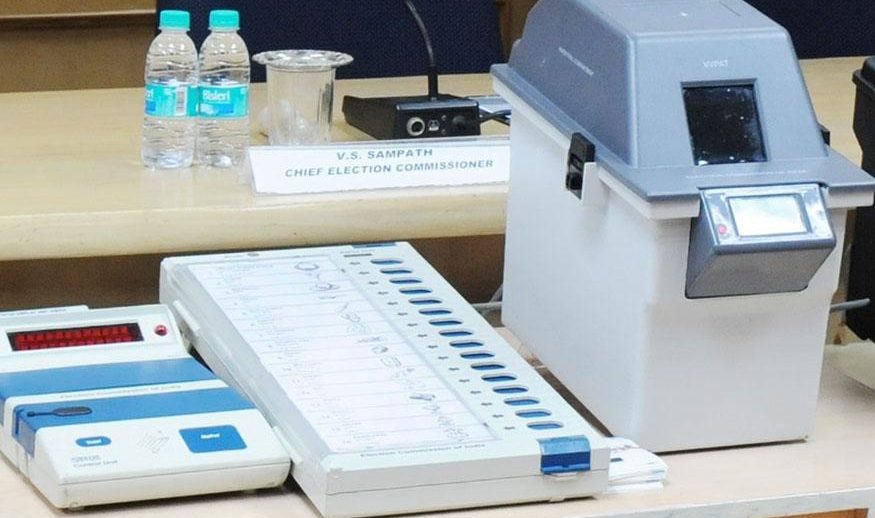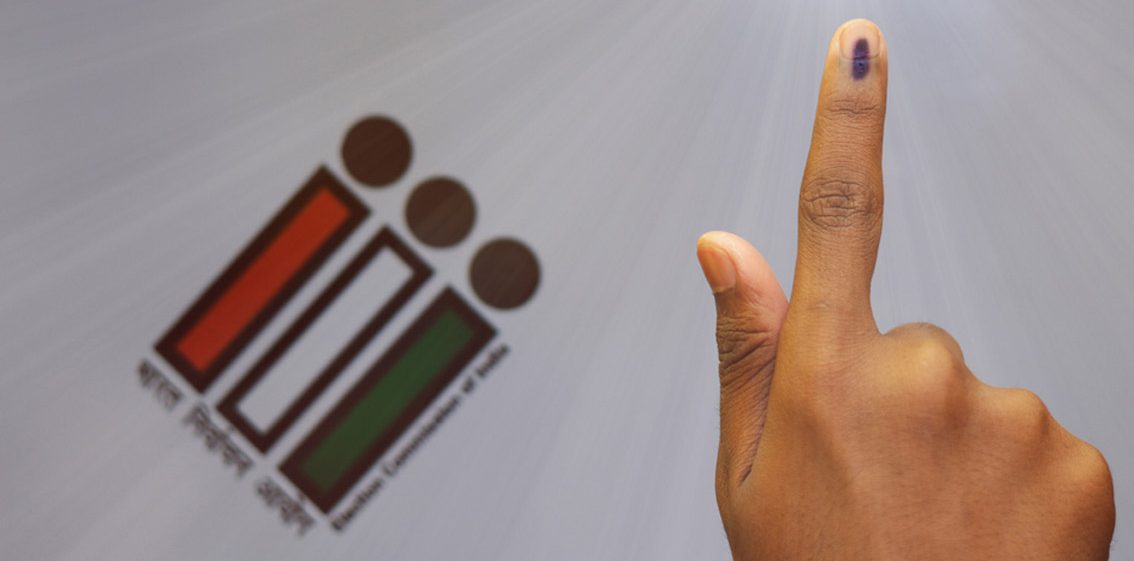- The Election Commission of India (ECI) is one Constitutional body that has immensely contributed to strengthening the democratic credentials of the country over the last several decades. Various innovative measures introduced during these years have only aided in the Election Commission’s discharge of responsibilities as mandated. No wonder, the ECI is looked upon as a model institution across the globe worthy of emulation of the way elections are conducted under its jurisdiction. In a country like India where one or the other form of elections are perpetually happening around the year, conducting free and fair polling on every single occasion is no mean task.

PC: DEBAYAN ROY
- To that extent, the ECI deserves all the praises in glowing terms. On the occasion of Nation Voting Day, Chief Election Commissioner mentioned that India now has over 95 crore voters, a humongous figure that trumps voter count in the second-largest democracy, the US, several times over. Also, the Prime Minister asking citizens and party workers to achieve 75% voter turnout in upcoming state assembly elections is a target that can build on the already stupendous work done by EC to expand voting rights. Of course, the framers of the Constitution deserve as much credit too for weighing in favour of a central, independent constitutional body to oversee elections.
- The results are there to see as the ECI continues to shoulder responsibilities with admirable diligence. Mind you, our centralized system works better than the US model of decentralized electoral processes that are sowing chaos and blatantly undemocratic practices like voter suppression. In contrast, far from disenfranchising voters, India has moved in the direction of easier enrolment and improved access to voting for citizens at the margins, largely thanks to EC getting institutional support to deliver on its mandate. Note that the commission’s ability to self-correct, like the crackdown on large election rallies, held earlier in blatant disregard for the pandemic is just as praiseworthy.

PC: Srinivasan
- An equally impressive achievement for EC having paid special attention to regions with low women enrolment is the new female voters have grown at a faster rate (5.1%) than male voters (3.6%). Consequently, women voters are showing increased enthusiasm for election participation. Not surprisingly, women, voters are being aggressively wooed now by political parties. Worryingly, urban voters are not pulling their weight enough despite India’s rapidly urbanizing population, from 28% in 2001 to 37% in 2011 and projected to be 60% by 2050. Sadly, voting percentages in several metro cities continue to be much lower than the respective state averages.
- As such, politicians tend to sometimes neglect big urban concerns like public transport, air pollution, waste management, and vector-borne diseases. Metros also face a huge number of migrants majorly flocking from states like Bihar, UP, Odisha, and other northeastern regions. Thus, migrants are losing their votes at both source and destination. Remember, millions of migrant laborers are equally crucial in the task of nation-building. Allowing them the right to vote would go a long way in inculcating the sense of participation in the growth. This is where the EC should come forward with workable and acceptable solutions to address the issue of migrant voters exercising their franchise.






